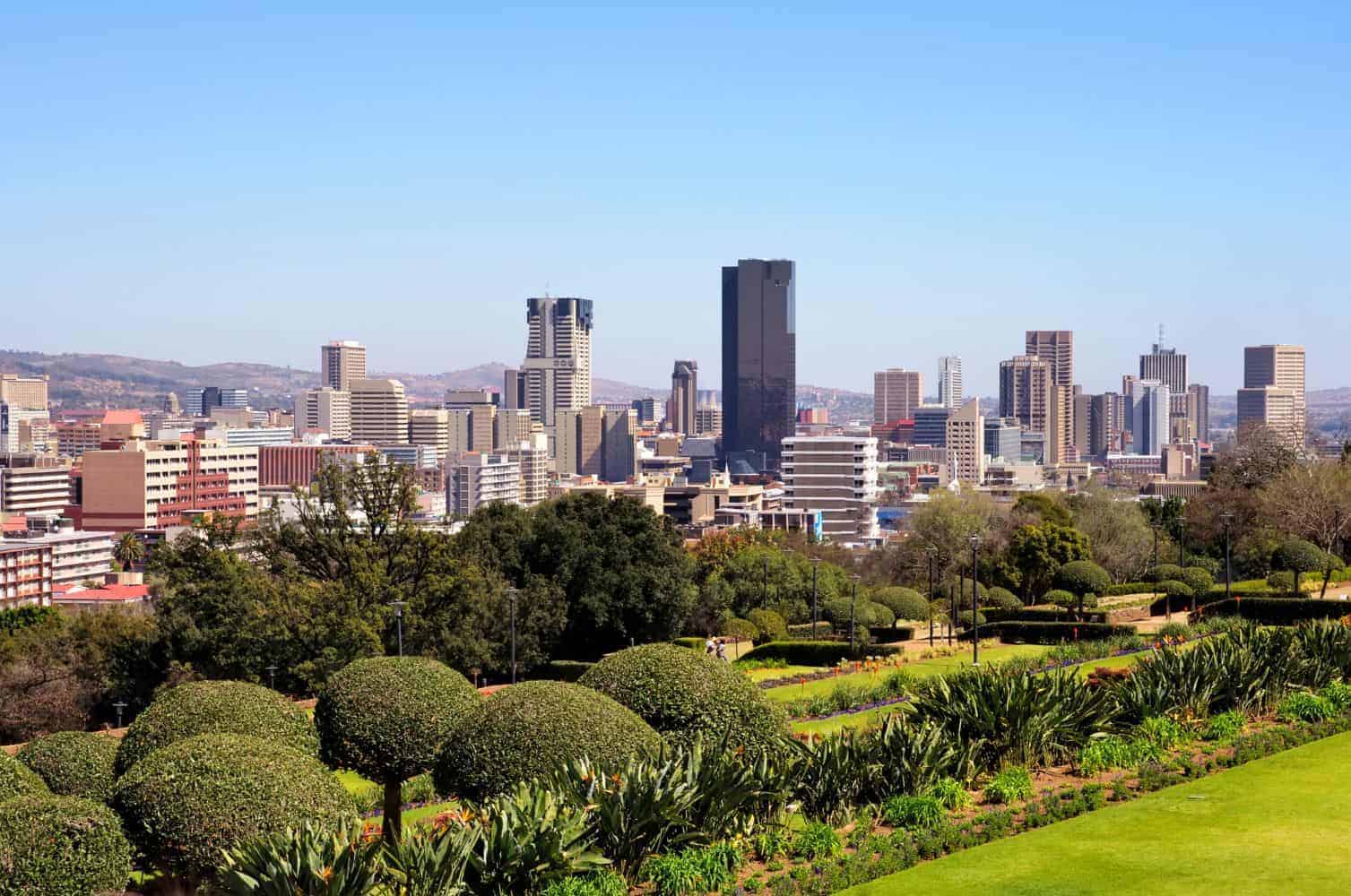The report found that access to clean water is one of the most important factors that influenced sentiment in metros.

A number of companies crunch numbers to decide which city, metro or province ranks the best, sometimes using the Auditor-General’s audit outcomes. But perhaps the real verdict comes from the people who live there, the ones who feel how well their areas are run on a daily basis.
This is what Data EQ used to find the favourite metro in South Africa. According to public sentiment, the City of Tshwane recorded the highest public sentiment, making it the country’s favourite metro.
Data EQ provides software and services to analyse unstructured customer data. The company uses the concept of applying emotional intelligence to data analytics. It recently released its findings on the Public Sentiment Report on South Africa’s Leading Metros. The data was gathered during the first months of 2025.
ALSO READ: Prisoners and ghosts claim overtime: meet SA’s worst-run province
Four metros put against each other
The report used public sentiment toward four of the country’s largest metros: City of Cape Town, City of Johannesburg, City of Tshwane, and City of eThekwini. The findings of the report are based on an analysis of nearly 300 000 online public mentions.
“Using our hybrid intelligence approach, we processed and labelled online conversations to surface the true drivers of public trust, frustration, and perception across South Africa’s major cities,” read the report.
The report found that access to clean water is one of the most important factors that influenced sentiment in metros. “Water was a dominant service concern in two of the four metros, accounting for almost half of their service delivery complaints,” read the report.
Service failures pose the greatest reputational risk. When problems build across essential infrastructure such as water, electricity, and waste, they consistently spark the strongest public backlash, signalling a clear collapse in trust and tolerance.
The popular metro: City of Tshwane
The report found that the City of Tshwane received the best overall sentiment because of access to clean water, among other factors. “Residents praised the delivery of clean water to Hammanskraal, mayor-led clean-up campaigns, and proactive bylaw enforcement.”
The report noted that Tshwane mayor, Dr Nasiphi Moya showcased the success of the ‘Reclaim Our City’ campaign. “The City of Tshwane’s communications, led by Moya’s #ReaSpana campaign, focused on inner-city revitalisation, crime prevention, and bylaw enforcement,” read the report.
“While these efforts drove high engagement, public response was mixed; some praised the push for safety and order, while others raised concerns about the impact on informal traders and vulnerable groups. The city’s most engaging content involved enforcement actions against non-compliant businesses and illegal activity, particularly targeting illegal foreigners.”
ALSO READ: Fixing SA’s water woes means curtailing municipalities’ free-spending ways
City of Joburg receives the highest complaints
According to the report, City of Johannesburg, led by Dada Morero received the highest proportion of complaints. “Joburg received the highest volume of negative conversation, with residents voicing frustration over prolonged power outages, infrastructure failures, and lack of municipal response.”
When it comes to cleaning up public spaces, the City of Johannesburg received the lowest overall sentiment, as residents criticised the city for inconsistent waste collection and deteriorating public space hygiene.
Out of all four metros, the City of Joburg received the most safety-related complaints. “Citizens referenced illegal activity, crime, and called for stronger enforcement and accountability.”
The report noted that sentiment surrounding the G20 Summit is overshadowed by criticism around the city’s infrastructural and service delivery failures. “The mayor’s G20 post generated no engagement, as citizens complained about service delivery,” read the report.
“The city’s official posts, though more frequent, attracted criticism tied to ongoing dissatisfaction with power cuts, water shortages, safety concerns, and urban decay. Public responses emphasised that event-driven improvements, such as those anticipated for the G20, should not replace consistent, long-term service delivery.”
Cape Town residents frustrated over water issues
Data EQ found that, despite Cape Town receiving reputational praise for being named the World’s Best City by TimeOut, public sentiment was mixed. “City of Cape Town residents expressed frustration over water-related issues and allegations of corruption and poor transparency.
It was highlighted in the report that residents cited outages, leaks, and raw sewage as top concerns. But it is worth noting that many also praised the metro’s performance in housing, transport, and general service delivery.
It was found that the mayor of the City of Cape Town, Geordin Hill-Lewis, used social media platform X to address misinformation and political disputes. “The mayor’s posts functioned as an extension of the City of Cape Town’s official communications, shifting the focus from routine service updates to politically charged issues,” read the report
“While city profiles primarily provided operational updates with limited engagement, the mayor’s content addressed misinformation and political disputes, resulting in higher visibility and more polarised reactions.”
ALSO READ: No typhoid found in Tshwane’s water supply
eThekwini praised for beachfront redevelopment
According to the report, eThekwini municipality in Durban, KwaZulu-Natal received praise for beachfront redevelopment and festive safety initiatives, but ongoing water crises and governance concerns significantly eroded public confidence.
Most residents cited long-term outages, leaking infrastructure, and poor communication as key drivers of frustration.
When it comes to social media, the report found that “eThekwini Municipality posted infrequently, with most content centred around the festive season, resulting in low engagement and limited resident interaction.
“Unlike other cities, the mayor did not post on social media at all, creating a noticeable absence of visible leadership online. The municipality could improve resident participation and increase sentiment by posting more frequently.”
Actionable opportunities
The report also gave recommendations that municipalities could implement to increase public sentiment.
- Improve Communication – Silence in response to outages or crises compounds frustration. Cities must prioritise real-time, transparent updates to build resident confidence.
- Elevate Service Wins – Positive sentiment around campaigns like #ReaSpana shows the reputational impact of delivery. Municipalities should actively highlight progress and success stories.
- Focus on Core Services – Water, electricity, and safety dominate public discourse. Strategic investment in these areas offers the most immediate opportunity to rebuild public trust.
NOW READ: Meet some of South Africa’s favourite and least-liked mayors






